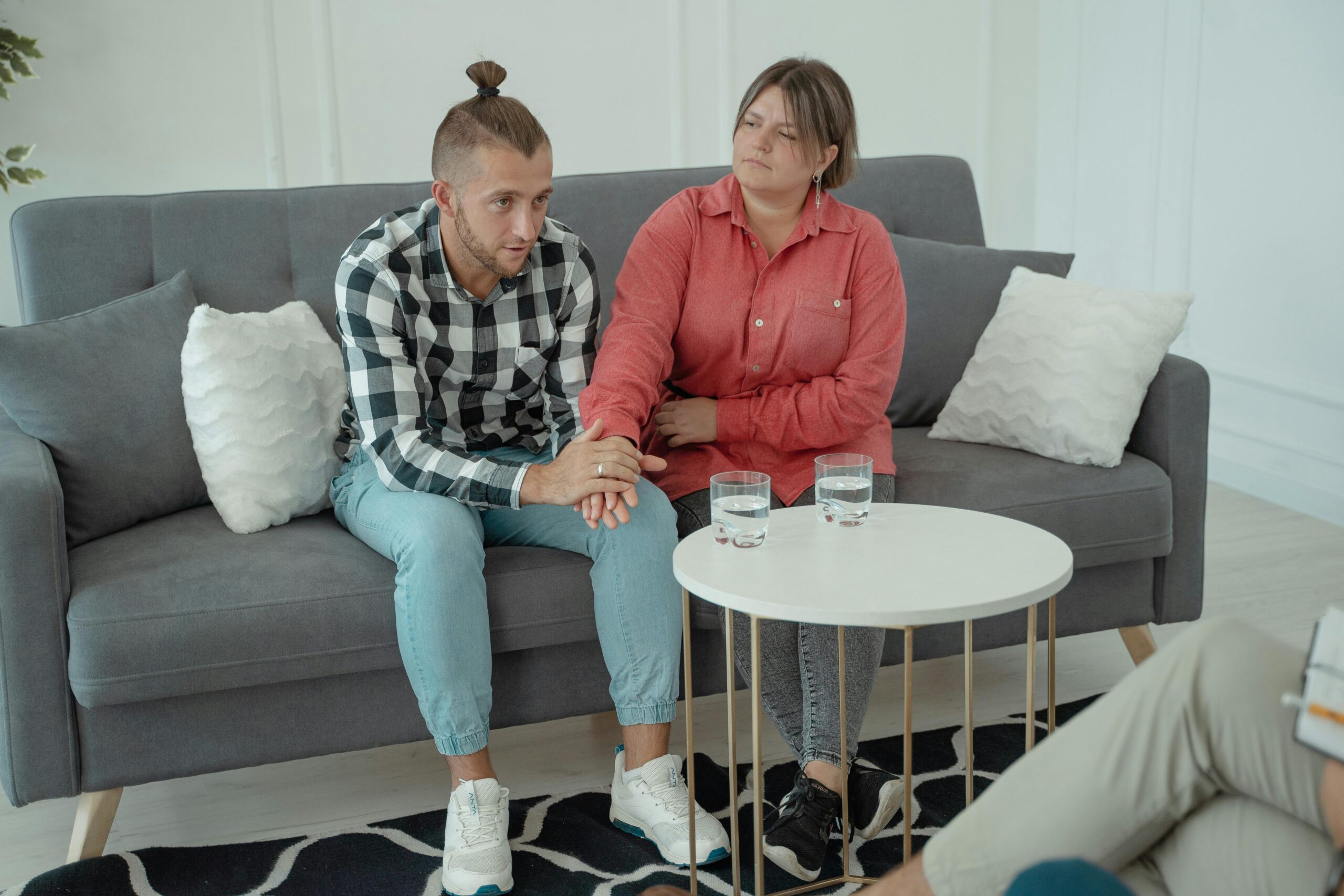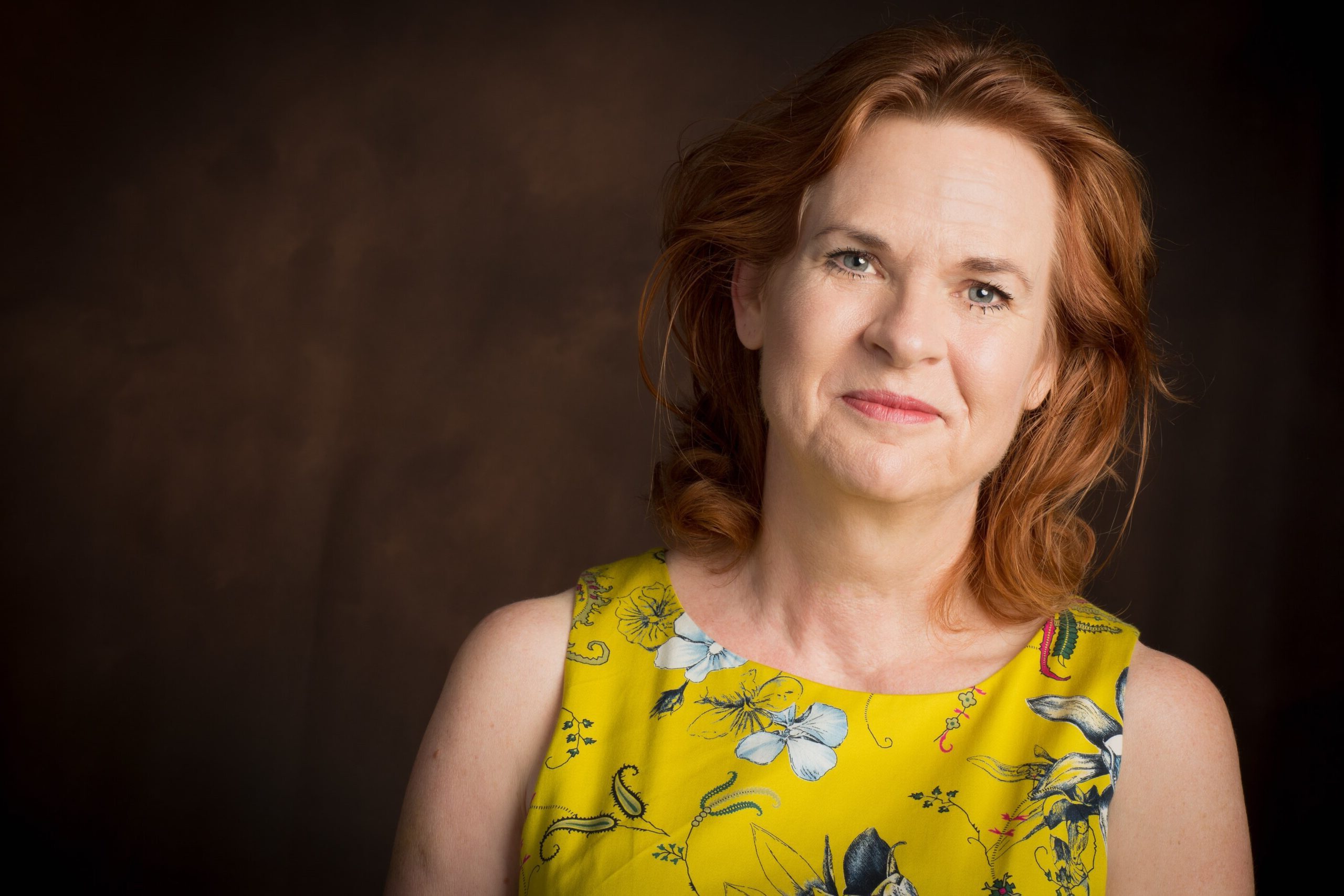The Gottman Method Couples Therapy for Healthy Relationships
There’s science and art to creating strong, satisfying and lasting relationships.
Dr John Gottman’s ground-breaking research shows that to make a relationship last, couples must become better friends, learn to manage conflict, and create ways to support each other’s hopes for the future.
Together Drs John and his wife Dr Julie Gottman, have developed research-based interventions and exercises, to provide structured, goal-oriented, scientifically-based therapy. Combining the knowledge and wisdom of nearly forty years of studies and clinical practice, Gottman Method Couples Therapy helps couples break through barriers to achieve greater understanding, connection and intimacy in their relationships.
Couples learn how to:
- Increase respect, affection, and closeness
- Break through and resolve conflict when they feel stuck
- Generate greater understanding between partners
- Keep conflict discussions calm
Drs. John and Julie Gottman have shown how couples can have highly satisfying, loving relationships by paying attention to what they call the Sound Relationship House, or the nine components of healthy relationships.

The Gottman Institute – Sound Relationship House
Below is a little more detail about these nine components of healthy relationships.
- Build Love Maps:
How well do you know your partner’s inner psychological world, his or her history, worries, stresses, joys, and hopes? - Share Fondness and Admiration:
The antidote for contempt, this level focuses on the amount of affection and respect within a relationship. (To strengthen fondness and admiration, express appreciation and respect.) - Turn Towards:
State your needs, be aware of bids for connection and respond to (turn towards) them. The small moments of everyday life are actually the building blocks of relationship. - The Positive Perspective:
The presence of a positive approach to problem-solving and the success of repair attempts. - Manage Conflict:
We say “manage” conflict rather than “resolve” conflict, because relationship conflict is natural and has functional, positive aspects. Understand that there is a critical difference in handling perpetual problems and solvable problems. - Make Life Dreams Come True:
Create an atmosphere that encourages each person to talk honestly about his or her hopes, values, convictions and aspirations. - Create Shared Meaning:
Understand important visions, narratives, myths, and metaphors about your relationship. - Trust:
This is the state that occurs when a person knows that his or her partner acts and thinks to maximize that person’s best interests and benefits, not just the partner’s own interests and benefits. In other words, this means, “my partner has my back and is there for me.” - Commitment:
This means believing (and acting on the belief) that your relationship with this person is completely your lifelong journey, for better or for worse (meaning that if it gets worse you will both work to improve it). It implies cherishing your partner’s positive qualities and nurturing gratitude by comparing the partner favourably with real or imagined others, rather than trashing the partner by magnifying negative qualities, and nurturing resentment by comparing unfavourably with real or imagined others.
Elizabeth has trained extensively with Drs John and Julie Gottman and is a Level 3 Gottman Couples Therapist.
Elizabeth provides support to individuals, couples and families on many issues in addition to couples therapy. This including anxiety, depression, trauma, abuse, blended family issues and more.

